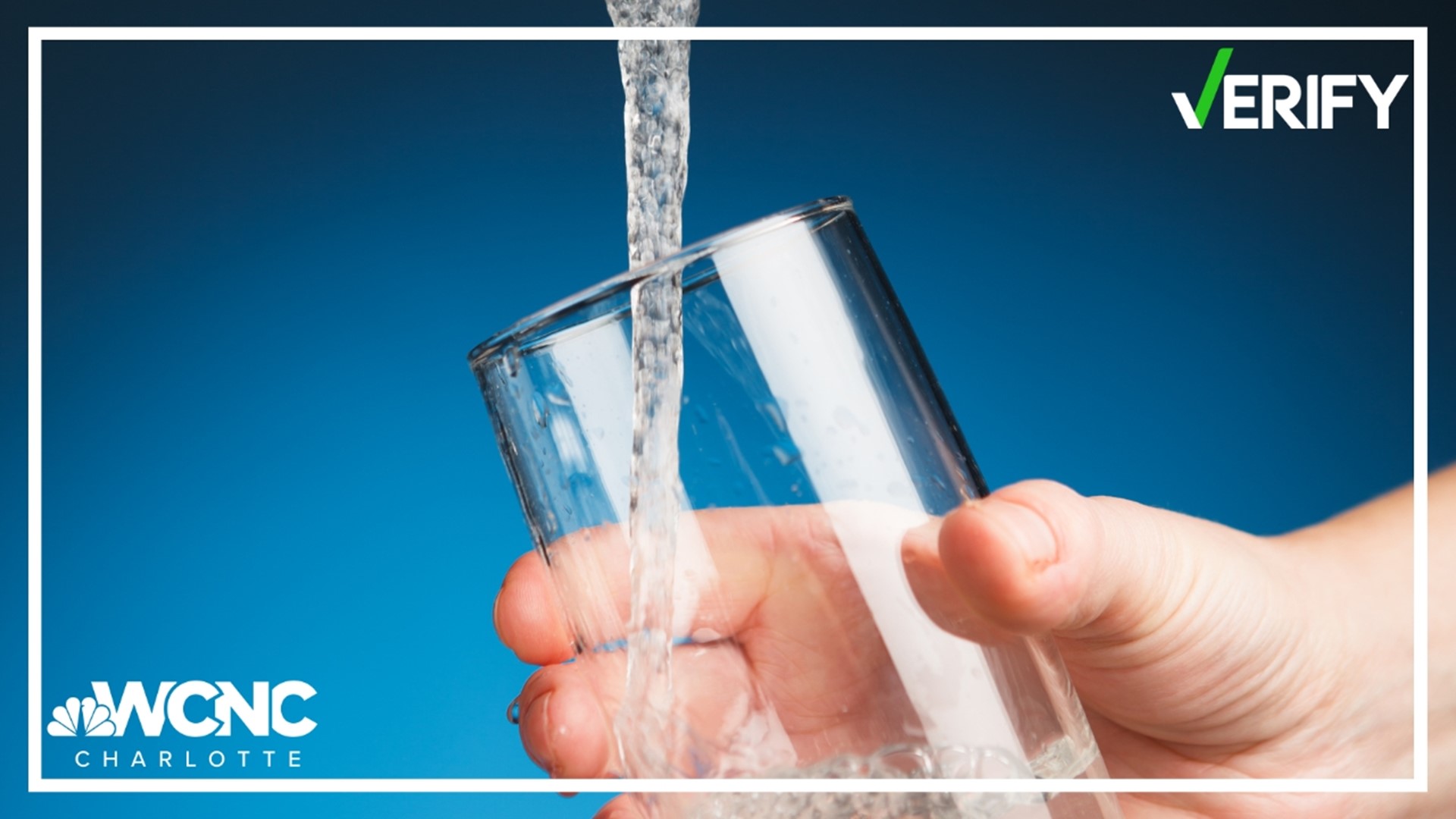CHARLOTTE, N.C. — The question of whether fluoride is safe to have in tap water is at the center of the vote at the Union County Board of Commissioners meeting on Monday evening. Several residents in the county argue that fluoride does more harm than good and should be removed from public drinking water.
OUR SOURCES:
CLAIM:
Flouride in tap water can cause health issues like fluorosis.
WHAT WE FOUND:
First, what is fluorosis? According to the CDC, this condition causes changes in the appearance of teeth. This usually happens in children who are eight years old or younger.
However, the CDC says severe forms of fluorosis rarely occur in communities where the level of fluoride in water is less than 2 milligrams per liter. According to the Union County water quality 2023 report, the latest data shows only .61 milligrams per liter of fluoride were found in Union County's tap water.
So, according to the CDC, fluoride levels in Union County's water are too low to cause severe fluorosis in children.
CLAIM:
Fluoride can be harmful to pregnant women.
WHAT WE FOUND:
There have been several studies on whether fluoride is harmful to women who are pregnant.
One study by the National Library of Medicine examines the levels of fluoride in tap water in a community in India. The study found that the tap water in that community contained 2.4 milligrams per liter for early pregnancy; however, the conclusion was that more studies need to be done. The World Health Organization guideline says the maximum amount of fluoride in drinking water should be 1.5 milligrams per liter, which is well under the level of concern.
VERIFY is dedicated to helping the public distinguish between true and false information. The VERIFY team, with help from questions submitted by the audience, tracks the spread of stories or claims that need clarification or correction. Have something you want VERIFIED? Text us at 704-329-3600 or visit VERIFY.
Contact Meghan Bragg at mbragg@wcnc.com and follow her on Facebook, X and Instagram.
WCNC Charlotte's Verify series is all about trying to make a difference in the Carolinas by making sure the community has the correct information. WCNC Charlotte outlines concisely what we know and what we don't know. Sometimes the answer can be surprising. Watch previous stories where we verify social media claims in the YouTube playlist below and subscribe to get updated when new videos are uploaded.

